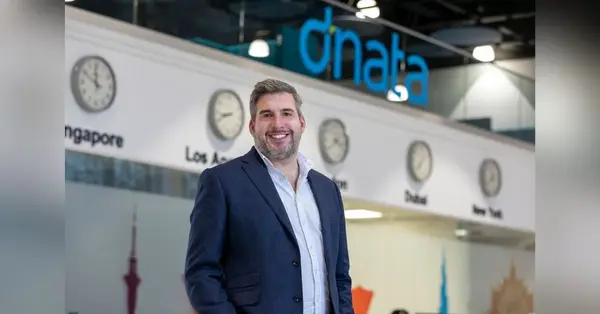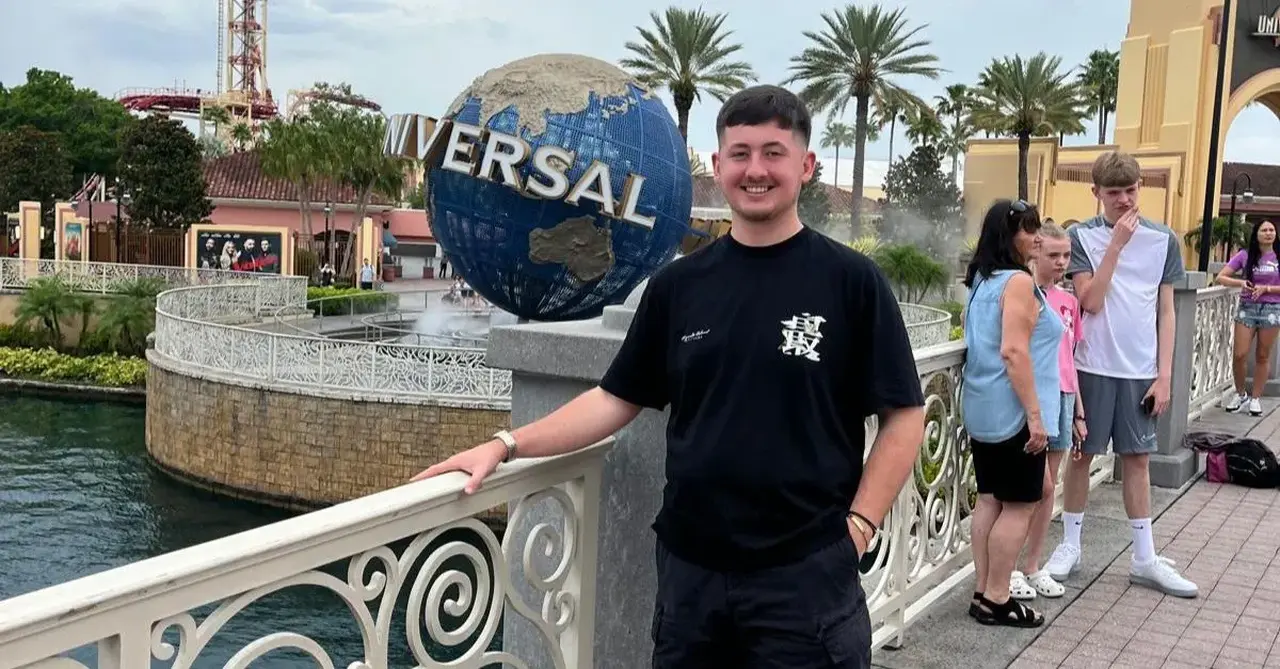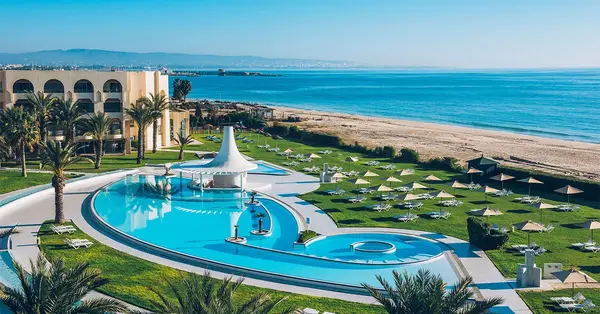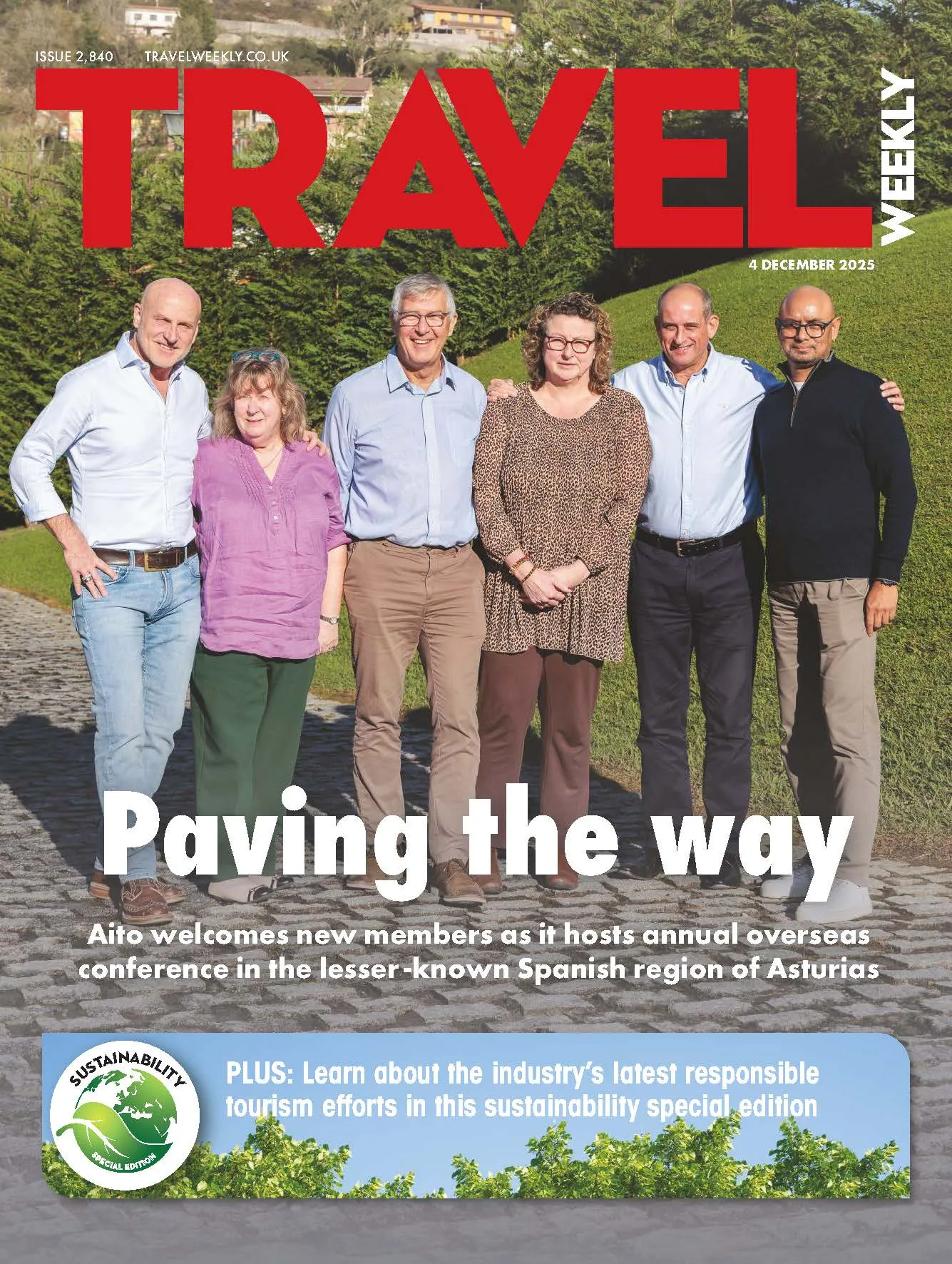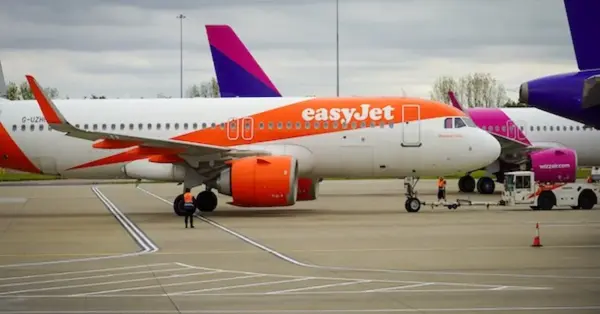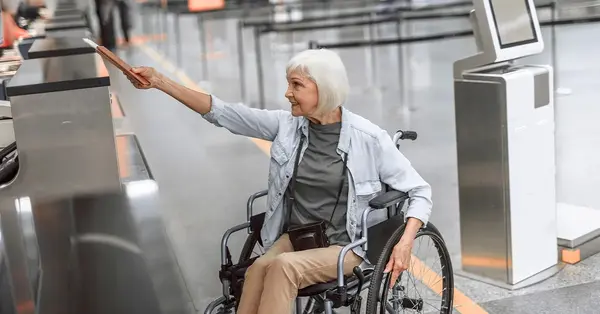You are viewing 2 of your 2 free articles
Comment: Technology has its place but nothing beats real face time
In previous columns, I’ve talked about the importance of social media, the merits of print versus digital and the growing role technology plays within travel. In my last column, I spoke about how we should use the latest AI technologies to our advantage.
With others also writing about the same topic with increasing frequency, it has become apparent that striking a balance between modern and traditional practices is paramount in this industry, possibly now more than ever.
There’s no disputing that technology has better enabled communication between operators and agents, and agents and their customers, allowing reactive, targeted and effective selling.
Videoconferencing platforms such as Teams and Zoom allowed us to continue doing our jobs effectively during the pandemic and now enable us to work remotely with ease, while social media plays its role by allowing sales reps, managers and agents to stay in touch with each other at the click of a button, as well as with their customers.
Similarly, forums provide a platform to get quick access to a spokesperson for a travel company or an ambassador for an airline, all of which have aided independent agents in their battle against online competitors.
Agents’ role
These advances and others have changed the role of the travel agent drastically, though the core aspects of the job remain as they were 20, 30 or even 50 years ago. However, while it takes just seconds to compose a text or an email, or minutes to have a conversation over Zoom or Teams, putting the time and effort into visiting your customers face-to-face remains invaluable.
Despite living in an age where time is a valuable commodity and travelling can have a hefty cost attached to it, it’s my firm belief that there’s no better way to establish long-standing relationships than by switching FaceTime for real face time.
The balance of providing agents with physical marketing materials, engaging incentives and excellent day-to-day service must be offset by the formation of a strong bond between a business development manager and the agent partner, in our case anyway. We’ve all been in the position of trying to contact a company and having to go through the nightmare of an automated conversation which can infuriate and often fail to provide the resolution we need. The same applies for any business: you can only grow as a company by receiving constructive feedback, and you can only receive this by having an individual or individuals who can empathise, understand and assist – that’s something we pride ourselves on.
Solid bond
Since the pandemic, many travel companies have increased their sales teams to cope with rising demand, and it’s no different for us at If Only, where we have doubled ours. Like others, we truly believe there is a need and a want for the “traditional sales team” following the pandemic, which is really encouraging to see. We’ve also increased conference attendances by 30% and are hosting double the number of agent events to further strengthen the solid bond we have with our agents old and new.
While there are arguments for operating in both traditional and modern ways, you must put it into context and relate it to the industry. How can an algorithm replace a recommendation for an off-the-beaten-track eatery, or relay an anecdote from a shared fam trip? How can a tablet understand the challenges an independent travel agent faces daily, or offer a price match to secure that booking for your long-standing clients? This industry is made up of expert sellers, problem solvers and commercial analysts – people who possess the expert knowledge to assist with clients stranded at an airport, for example.
In short, people still buy from people despite the numerous technological advances we’re all witnessing, and that’s something that will never change.



